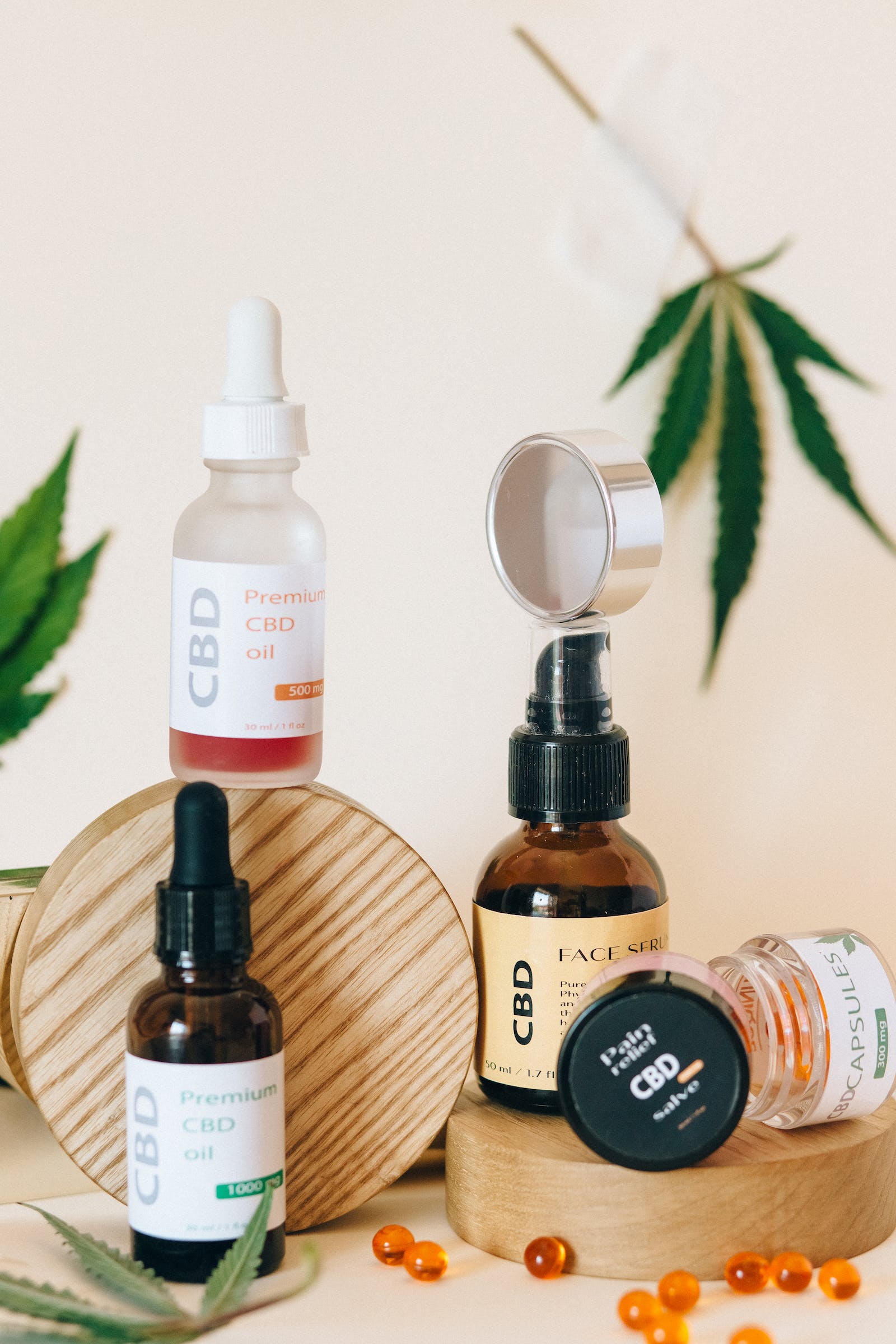Medical massage therapy uses targeted techniques to improve health conditions and speed recovery from injuries. While massage has been practiced for centuries, recent studies are shedding light on the scientific mechanisms through which it benefits the body and mind.
Physiological Effects of Medical Massage
Reduces Stress Hormones: Massage therapy activates the parasympathetic nervous system that induces relaxation and reduces secretion of stress hormones like cortisol. Lower cortisol levels promote healing, boost immunity and improve mood.
Increases Pain-Fighting Endorphins: Massage therapy stimulates the release of endorphins, the body’s natural pain relievers. Endorphin levels rise in response to the physical stimulus of massage, providing analgesic effects that lessen pain.
Improves Immune Function: Medical massage decreases stress hormones that suppress the immune system and increases circulation of immune cells. This enhanced immune response supports healing of injuries and illnesses.
Reduces Inflammation: Massage loosens tight muscles that cause chronic inflammation. It also facilitates removal of waste products and toxins through improved lymph drainage, further reducing inflammation linked to pain.
Enhances Circulation: The compressions and stretches of massage improve blood flow and lymph circulation throughout the body. Enhanced nutrient delivery and waste removal aids recovery from injuries and conditions.
Psychological Effects of Medical Massage
Reduces Anxiety and Depression: Massage releases feel-good hormones like serotonin and dopamine that create positive emotional states while lowering cortisol, a contributer to anxiousness and depression. Improved mood supports mental wellbeing.
Improves Sleep: Massage therapy reduces physiological arousal which disrupts sleep. It also relieves muscle tension that causes restless sleep, allowing for deeper restorative rest. Better sleep leaves one feeling less stressed.
Boosts Self-Esteem: Regular massage reminds the body that it deserves care and attention which boosts self-worth and self-confidence. Greater self-esteem combats negative thoughts that contribute to poor health.
Provides Mental Clarity: Reduced stress hormones and increased blood flow to the brain during massage foster a more focused, present state of mind and improved cognitive function. One feels mentally renewed.
By activating the body’s natural self-regulation and healing mechanisms, medical massage addresses health conditions at their root physiological and psychological causes. Regular therapeutic treatments enhance resilience to stress, lessen pain and inflammation, support healing and repair as well as elevate mood and improve sleep, optimism and mental clarity. Medical massage should thus complement – not replace – standard medical care for optimal health and wellbeing outcomes.





